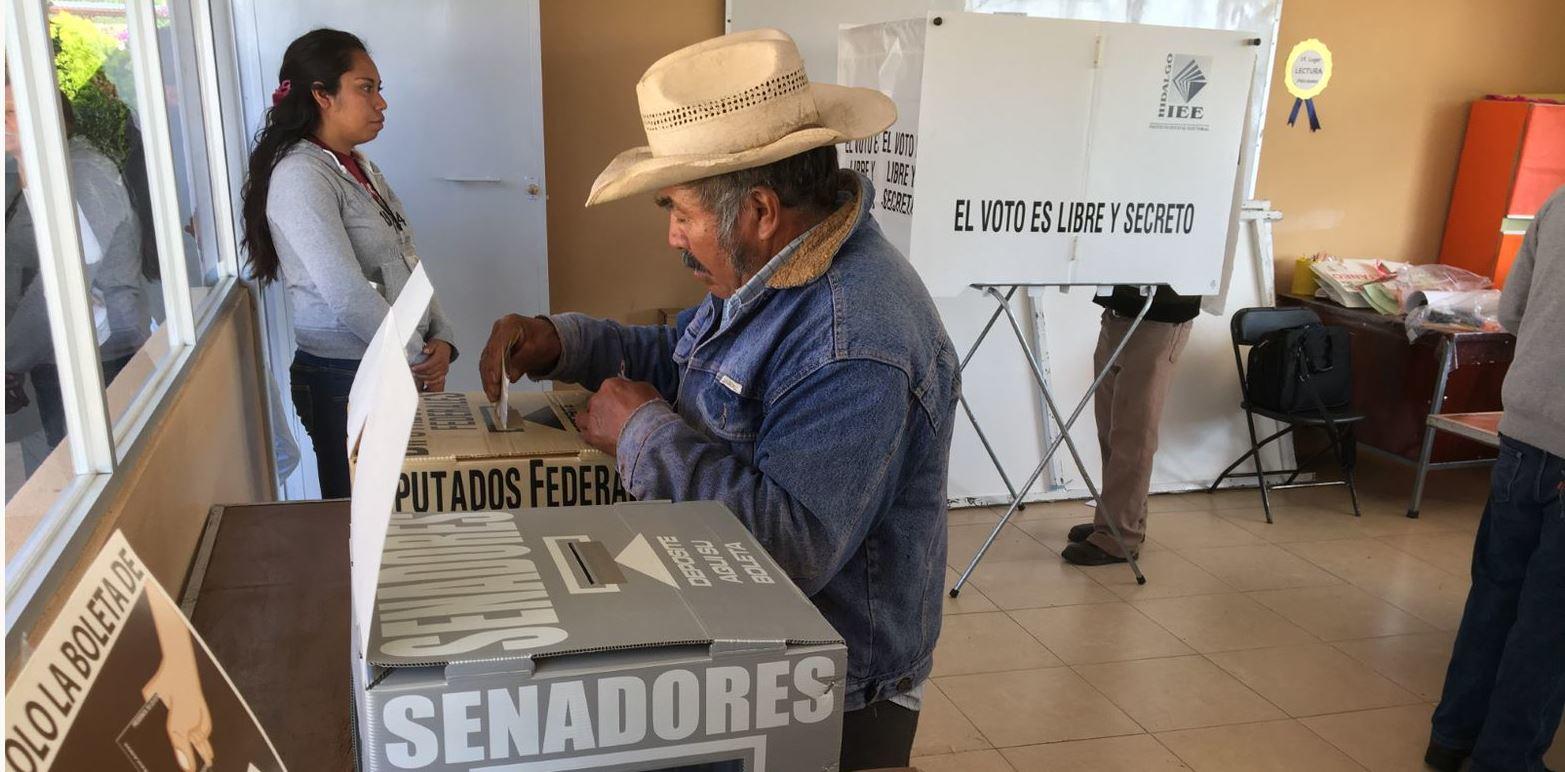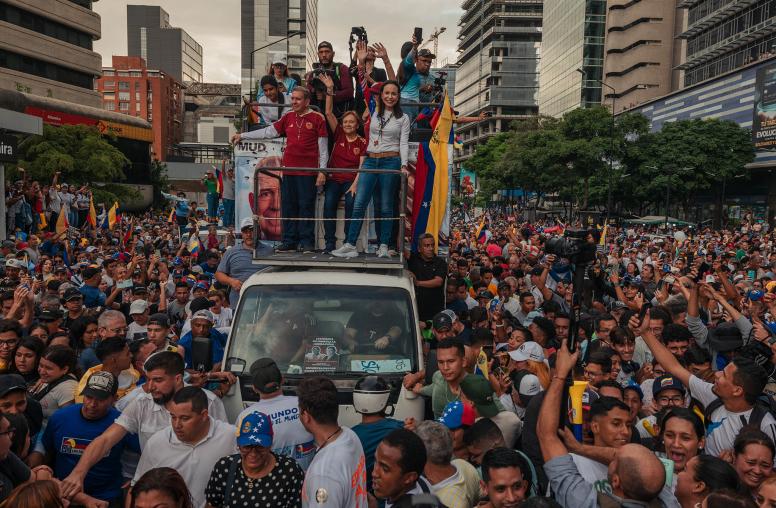Preventing Election Violence
This online course introduces how election violence is a threat to peace and democracy. The course provides participants with knowledge and skills to prevent violence more effectively across different electoral and conflict environments. The course identifies risks and opportunities for prevention through the various phases of the election cycle--before, during and after election day–as well as the underutilized time between elections. The course also introduces different types of election violence prevention and reviews their utility.

Elections can create anxiety and tension in many transitioning democracies around the world. In some cases, elections even turn violent, presenting a big setback not only to peace, but to democracy as well. For the past 20 years, USIP has tried to better understand why this happens and how election violence can be mitigated and prevented. While most organizations in the election space do great work in providing technical assistance, by supporting logistical preparations or by making sure that political parties campaign responsibly, USIP takes a different approach.
Course Objectives
By the end of this course, participants in this course will be able to:
- Grasp the scope of election violence as a challenge to peace and democracy;
- Identify structural risks and triggers of election violence before, during and after election day;
- Understand the range and utility of various approaches to promote peaceful elections;
- Design holistic strategies including the full array of early prevention and crisis management tools aimed at preventing election-related violence; and
- Recognize the logic and test the effectiveness of international, national and local interventions.
If you cannot view the video, click here to download it.
Registration Information:
“Preventing Election Violence” is an online, self-paced course offered by USIP's Global Campus. The Global Campus has created a private network where courses are available. To begin the course, please register following the link at the top right of this page. You will be taken to the Global Campus landing page where you can “Request to Join” and create a free account. You should receive an email with approval from the Global Campus within 24 hours, including a link to sign in to the network.
Once you are signed in to the Global Campus, the "Courses" tab on the left of the page will take you to the list of available courses, including Preventing Election Violence.
Chapter 1 - Foundations of Election Violence Prevention
This chapter introduces election violence as a peacebuilding challenge, with concrete country examples, and highlights commonly used prevention approaches.
Chapter 2 - Conflict Analysis and Early Warning: Root Causes and Risk Assessment
This chapter introduces structural drivers and triggers of election violence, and commonly used analytical frameworks.
Chapter 3 - Early Prevention
This chapter identifies upstream or early prevention approaches.
Chapter 4 - Violence Mitigation and Crisis Response
This chapter introduces short-term prevention options to mitigate risk or quickly intervene where election violence is imminent or ongoing.
Chapter 5 - Measuring Effectiveness and Evaluating Impact
This chapter discusses the importance of measuring effectiveness and evaluating impact.
Instructors and Guest Experts
Instructors
- Jonas Claes, Policy Officer, European External Action Service
- Debra Liang-Fenton, Consultant and former Senior Program Officer, U.S. Institute of Peace
Guest Experts
- Gabrielle Bardall, Gender Advisor, International Foundation for Electoral Systems
- Juan Diaz-Prinz, Senior Expert, U.S. Institute of Peace
- Larry Garber, Senior Technical Advisor, Digital Mobilizations Inc
- Ruben Grangaard, Program Officer, U.S. Institute of Peace
- Kathleen Kuehnast, Director, U.S. Institute of Peace
- Vasu Mohan, Regional Director, Asia Pacific, International Foundation for Electoral Systems
- Tonis Montes, Program Officer, U.S. Institute of Peace
- Bhojraj Pokharel, Former Chief Election Commissioner, Election Commission of Nepal
- Jumaina Siddiqui, Director, U.S. Institute of Peace


